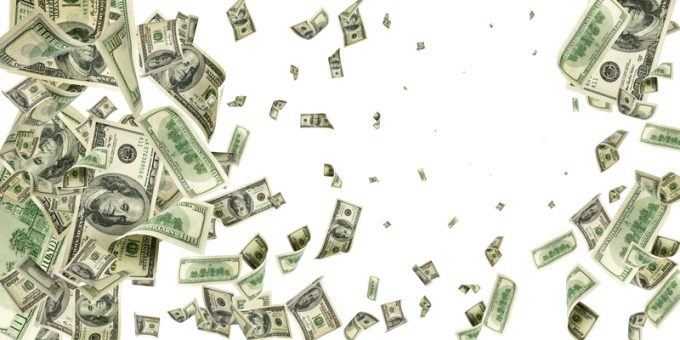DSV – near-$4bn Schenker boost update
Beauty and curse of M&A
TFII: SOLID AS USUALMAERSK: WEAKENINGF: FALLING OFF A CLIFFAAPL: 'BOTTLENECK IN MAINLAND CHINA'AAPL: CHINA TRENDSDHL: GROWTH CAPEXR: ANOTHER SOLID DELIVERYMFT: HERE COMES THE FALLDSV: LOOK AT SCHENKER PERFORMANCEUPS: A WAVE OF DOWNGRADES DSV: BARGAIN BINKNX: EARNINGS OUTODFL: RISING AND FALLING AND THEN RISING
TFII: SOLID AS USUALMAERSK: WEAKENINGF: FALLING OFF A CLIFFAAPL: 'BOTTLENECK IN MAINLAND CHINA'AAPL: CHINA TRENDSDHL: GROWTH CAPEXR: ANOTHER SOLID DELIVERYMFT: HERE COMES THE FALLDSV: LOOK AT SCHENKER PERFORMANCEUPS: A WAVE OF DOWNGRADES DSV: BARGAIN BINKNX: EARNINGS OUTODFL: RISING AND FALLING AND THEN RISING

(This is a short, snappy read sourced from PitchBook’s newsletter on Sunday… well worth a read)
Hello and welcome back to The Weekend Pitch. Adam Lewis here. I should start off by noting that when you read this, I’ll no longer be a PitchBook employee. Indeed, Friday was my last day after five excellent years covering the private markets. And I’ll be darned if I’m going to waste one last chance to poke the private equity bear before riding off into the sunset. Got an opinion about my story? Hit me up on Twitter at @AdamLewisPI.
Private equity’s future hinges on ditching worst impulses
Over the past five years, I have watched private equity firms destroy Toys R Us, cause irreparable damage to the US newspaper industry and profit off hitting the most vulnerable with surprise bills after a trip to the emergency room.
During that same period, I have watched firms pour billions of dollars into tech and ESG, provide rescue financing for struggling companies during the pandemic, and become minority owners in sports franchises within the MLB, NBA and other leagues.
Indeed, PE firms can be a vehicle for economic growth or the grim reaper for an already struggling company. And they’ve become a flashpoint politically, with industry critics such as Sen. Elizabeth Warren calling for reform while others insist they create jobs.
I still go back and forth at times about whether PE dealmakers provide portfolio companies with the financial expertise they claim to. Was Warren Buffett right when he called out PE executives for juicing returns? Should we really believe that passively investing in an index fund yields better returns for pensions than devoting capital to the private equity asset class?
If either is true, why haven’t pensions, endowments and other institutional investors taken their money elsewhere? After all, PE dry powder has reached a global all-time high of roughly $1.3 trillion, according to PitchBook data.
Here’s what I know: A number of PE shops have largely shifted away from the leveraged buyout model made famous by KKR in the 1989 book “Barbarians at the Gate.” Blackstone has become a real estate juggernaut. Apollo Global Management has become an insurance giant through its merger with Athene. The Carlyle Group is arguably best known more recently for backing Supreme, a trendy clothing line among millennials that it sold last year.
Comment on this article